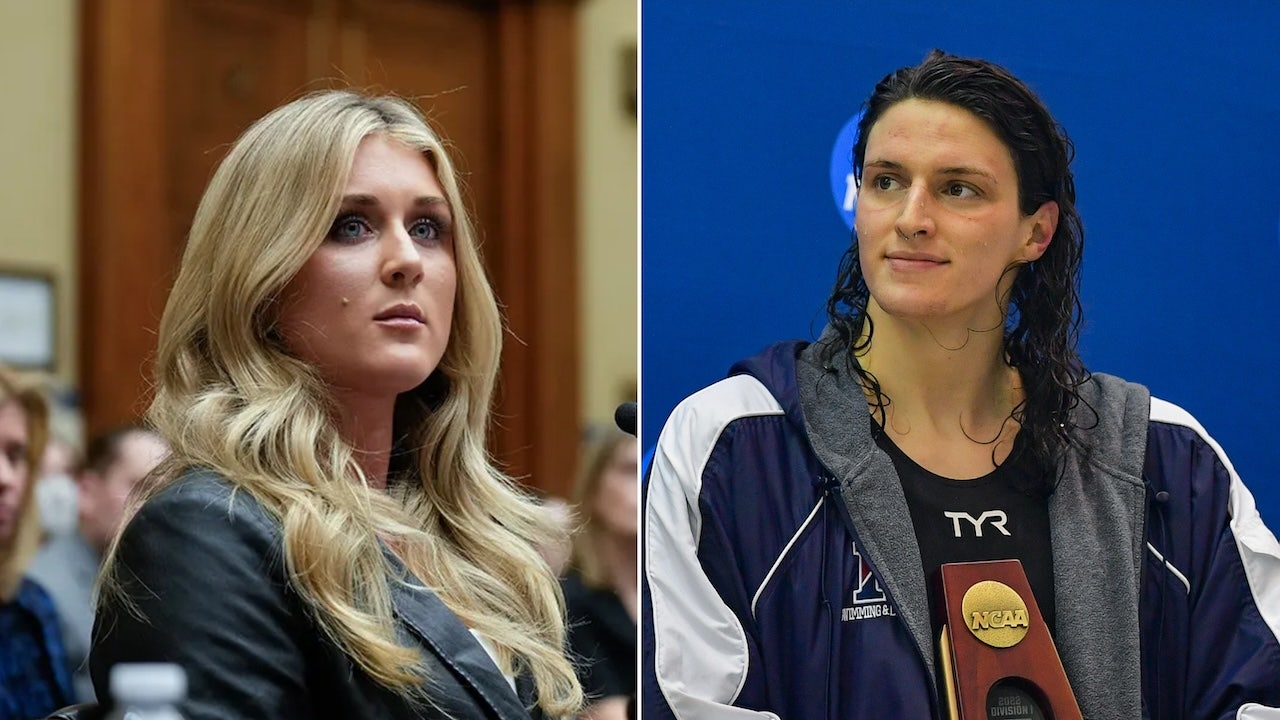
Zach Yadegari, 18, isn’t new to being a tech entrepreneur. Instead of making money from lemonade stands growing up—he made it from apps.
In his teens, he started building apps he deemed as “small projects.” One of them isn’t so small anymore, as Cal AI has taken off to become a $30 million empire. The app allows users to track calories by taking a picture of their food, inspired by Yadegari’s own fitness journey. (Fortune reviewed financial records showing the app brings in several million dollars of revenue per month.)
Yadegari told Fortune about the wild ride of the last two years, from bringing in a mix of friends (all older than him) as co-founders, to being widely rejected by Ivy League schools despite a 4.0 GPA, a 34 ACT and entrepreneurial success, to why he’s decided to go to college anyway.
“I look at it as I’m paying $100,000 a year for a vacation,” he said.
Bulking up and scaling up
Yadegari said his success started with a personal project to bulk up when he was a (younger) teenager.
“I was very, very skinny my entire life growing up, and I wanted to start getting bigger and gaining weight,” Yadegari tells Fortune. When he realized a majority of his progress was coming from diet, he started to track his calories more and eat in surplus.
But there was something missing from his fitness journey. The app. It was “an awful experience” using the most popular app at the time. He found that he couldn’t eat at the cafeteria with his friends because he was eating pre-portioned meals that were weighed on scales, and he often had to skip eating at restaurants because he wouldn’t know the calories.
“For a kid, I was in school, that just wasn’t sustainable,” he added.
The experience was so bad for him, he said, that he gave up on most of his fitness journey for a while. But having some coding skills and considering the rise of AI tools like ChatGPT and Claude, he decided to just make one himself.
With the idea in mind, he brought the vision to partners he knew he could trust, one friend from coding camp and two people he met on X.com, as reported by CNBC. Together, Henry Langmack, Blake Anderson and Jake Castillo launched Cal AI in May 2024.
“We started making TikToks, we started partnering with influencers, and then we had pretty explosive growth,” he said.
Last year in July, encouraged by the positive feedback, he decided to flock to San Francisco with his co-founders to focus and hire about 15 employees. As written on his X account, investors tried to constantly “throw money at us [Cal AI],” which they rejected. A year and four months later—Cal AI brings in $30 million annually and the team is more than 30 people.
According to Yadegari, the app has a 90% accuracy rate. It’s free to download on both the Apple App Store and Google Play, with subscriptions priced at $2.49 per month or $29.99 annually. Yadegari was previously profiled by other outlets such as CNBC, CBS and TechCrunch.
Coding isn’t new to Yadegari
Starting as a coding whiz at just seven years old, and giving lessons for $30 an hour at age 10, he developed coding skills before the AI boom. By 12, he had put his first app, “Speed Soccer,” on the App Store.
In high school, he kept building. Yadegari started making money online after creating a gaming website called “Totally Science”, which allowed his peers at school to play unblocked games in school–that brought him in six figures.
“Everything I built up to that point was free,” Yadegari said.
“Over two years, [Totally Science] grew to 5 million users and started making $60,000 a month from banner ads I placed on the site. I sold it when I was 16 for $100,000—and that’s when I started building apps.”
School days
Being a self-starter at such a young age, Yadegari knew that the conventional path wasn’t meant for him after high school. He didn’t need to go to college to make millions, but that didn’t mean he wasn’t qualified.
He is currently undeclared in his major. He dropped out of the business school, and now takes classes in philosophy. He still takes one entrepreneurship class, but says he’s “not gaining much from the class material.”
“I never wanted to go to college. I’ve always been against the idea that everyone should follow the same formula: get good grades, go to a good college, get a degree, get a job, and then start making money. I hated that notion—and I used to fight with my parents about it all the time.”
Now, he combines parties with paychecks. In Miami, he lives in a house with a bunch of his like-minded app-building friends between the ages of 18-26. According to Yadegari, they are successful entrepreneurs like himself.
The young founders are building “App Mafia,” a community and brand where they educate people online by making content on how to build apps.
“We’re going to have a lot of ideas for shaping the future. We’re basically trying to lead the forefront of Gen Z builders,” he added.















